19 brilliant films that should have won Best Picture at the Oscars
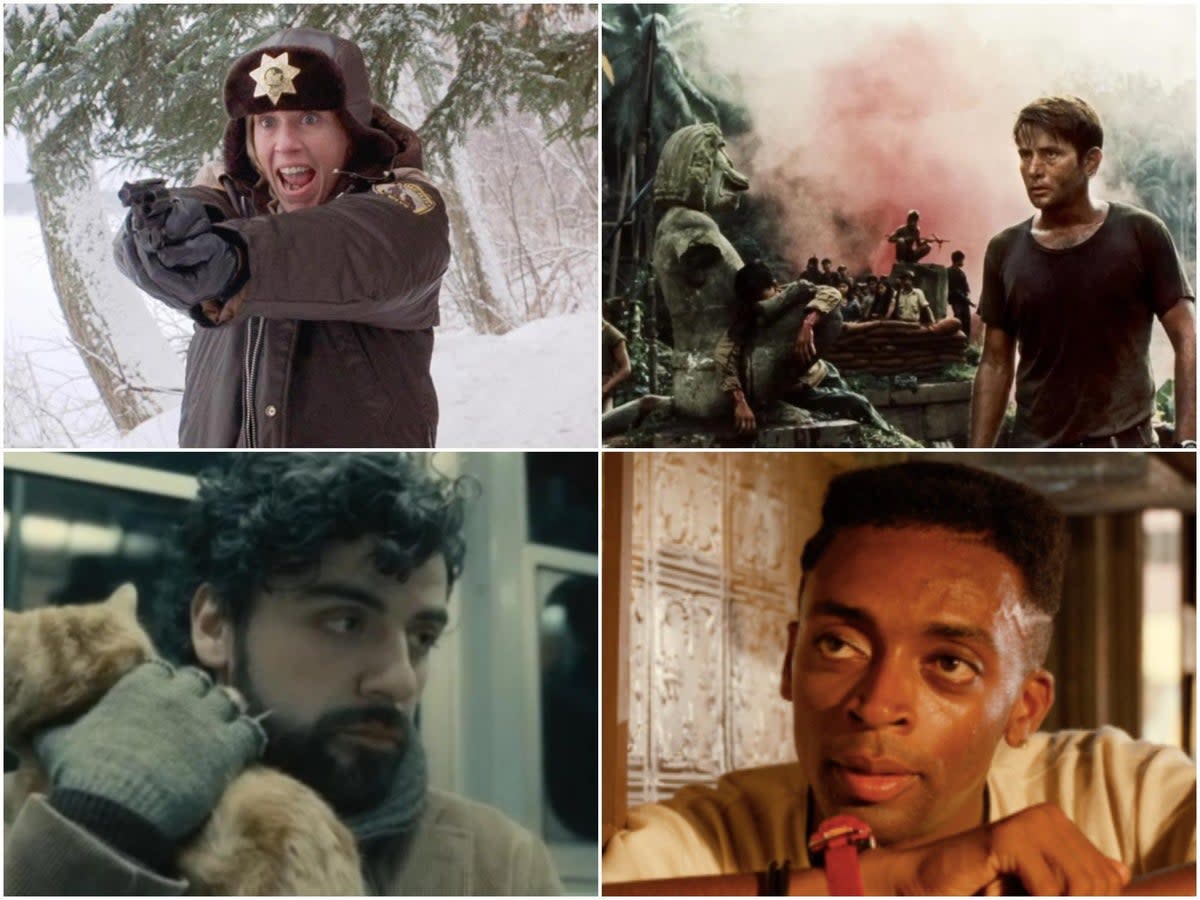
It’s easy to get caught up in awards season excitement as the Oscars approach – the glitz and glamour of the red carpet generating global talking points, memes and pub chatter for weeks on end.
But when it’s really broken down, the Oscars are essentially just a microcosm of Hollywood. It’s a depressing fact that films directed by previous winners have more chance of being nominated than those directed by newcomers.
Because of this, the best film in any given year almost never wins the evening’s most coveted prize – in fact, it’s sometimes not even nominated in the first place. The ceremony in 2021, which saw Parasite take home the top prize, was a rare exception.
Over the decades, there have been countless glaring omissions – films that were nominated but were beaten by far inferior films and classic films that failed to secure a single nomination.
As the 2023 Oscars approach, we’ve run through 19 brilliant films that would have been deserving Best Picture winners.
Holiday (1938)
Looking over the 10 nominees at the 11th Academy Awards, Jean Renoir’s Grande Illusion would have made the most impressive winner, but the award ultimately wne to Frank Capra’s You Can’t Take it With You. However, Holiday, George Cukor’s charming Cary Grant-Katharine Hepburn comedy, has endured as one of that year’s best films that not only failed to win Best Picture, but received just one nomiantion for Art Direction.
The Searchers (1956)
The Searchers may be considered John Ford’s greatest film, but it was not treated as such back in the 1950s. In fact, the JohnWayne-starring western failed to earn a single nomination. Around the World in 80 Days turned out to be more the Academy’s cup of tea.
Throne of Blood (1957)
Picking a favourite Akira Kurosawa film is an impossible task – pretty much any of them would have been worthy Best Picture winners. But Throne of Blood particularly deserves it for being the greatest screen adaptation of Macbeth there is. That year’s winner was The Bridge on the River Kwai.
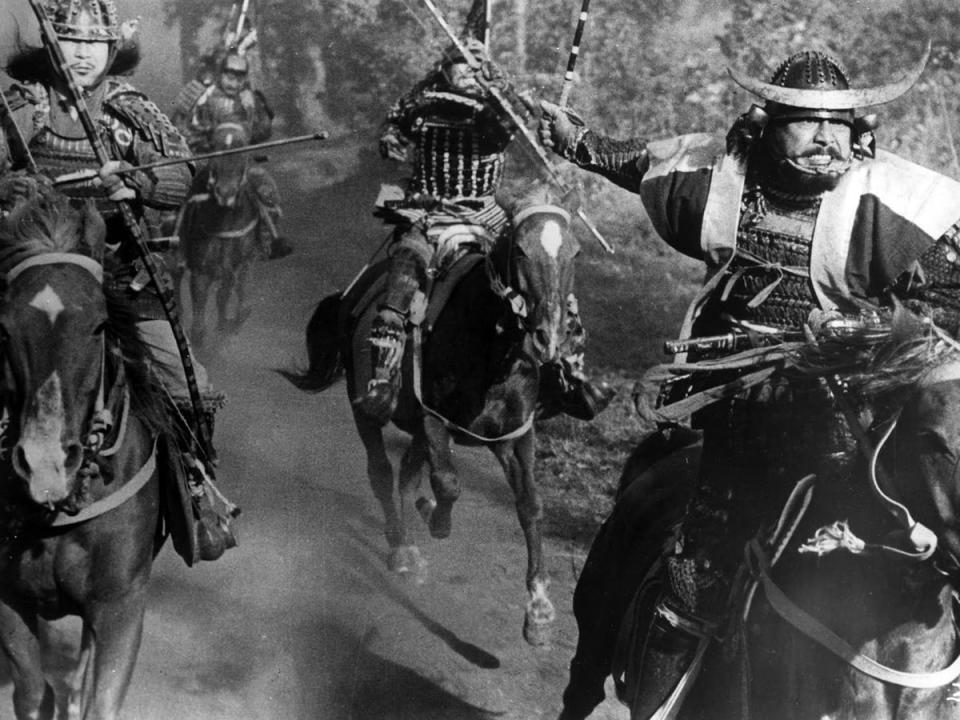
The Graduate (1967)
The Graduate was one of the films that kickstarted the New Hollywood Cinema era. While acclaim for the film seems to have waned over the years, it’s stil an admirable achievement, featuring memorable performances from Dustin Hoffman and Anne Bancroft, and introducing the world to Simon & Garfunkel’s wonderful soundtrack. It won director Mike Nichols an Oscar, but ultimately lost Best Picture to Norman Jewison’s In the Heat of the Night.
2001: A Space Odyssey (1968)
Stanley Kubrick’s sci-fi classic remains one of the most influential pieces of cinema, but the Academy didn’t agree. While nominated Kubrick for Best Director, and awarding the film’s visual effects, it failed to name 2001 as a nominee for Best Picture. That year’s winner was Oliver!, the musical by Carol Reed.
Apocalypse Now (1979)
Francis Ford Coppola’s ambitious Vietnam War epic Apocalypse Now received a grand total of eight nominations, but only went home with two prizes (for cinematography and sound) losing out to drama Kramer vs. Kramer.
Broadcast News (1987)
The Last Emperor was the big winner at the Oscars that saw Broadcast News in contention for Best Picture. While Bernardo Bertolucci’s epic has some positives, its James L Brooks’ near-perfect romantic comedy drama, led by Holly Hunter, Albert Brooks and William Hurt, that would have been the better winner. It stands up as one of the decade’s best films.
Do the Right Thing (1989)
Spike Lee’s Do the Right Thing failing to win Best Picture at the 1990 Oscars is one thing – losing out to Driving Miss Daisy is another thing altogether.
Goodfellas (1990)
Having awarded both The Godfather and The Godfather Part II Best Picture in 1972 and 1974 respectively, the Academy seemed destined to appreciate Martin Scorsese’s gangster movie almost two decades later. But no – Kevin Costner’s directorial debut Dances with Wolves was the most appealing choice for voters.
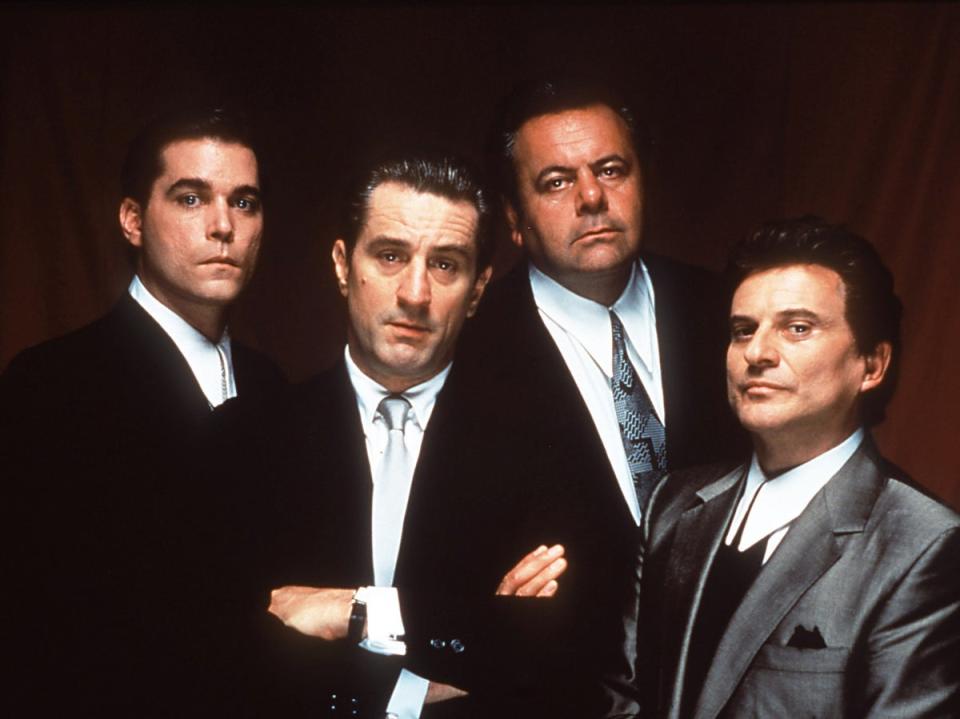
The Shawshank Redemption (1994)
It’s not all that surprising that, despite 1994 being such a standout year for cinema, the Oscars decided to honour Forrest Gump with the Best Picture prize – after all, it’s one of the most awards-friendly films of the decade. But Frank Darabont’s adaptation of Stephen King’s prison-set novella, The Shawshank Redemption, got caught in the crossfire, which is unfortunate. There’s not getting around the fact it’s a faultless film that would have no doubt endured as a terrific Best Picture winner.
Heat (1995)
If Heat was released today, there’s no way it wouldn’t be a Best Picture frontrunner. That it was completely ignored in favour of Braveheart is one of the biggest Oscars travesties of all time.
Fargo (1996)
You may think it was remiss of the Academy to shun Fargo, but it did come pretty close to winning; its chances were bolstered somewhat by seven nominations and two wins (Actress for Frances McDormand and Original Screenplay for the Coen Brothers). It lost out to The English Patient.
Saving Private Ryan (1999)
Having won Best Director five years previous for Schindler’s List, Steven Spielberg was strongly expected to take home the top prize for his Second World War epic. Cue Shakespeare In Love upsetting everybody.
Monsters, Inc (2001)
An animated film has never won Best Picture – and while Pixar has had its fair share of nominations, Monsters Inc would have been a great one to award. Toy Story and its sequels (excluding four) might seem like the obvious choices, but Monsters Inc remains a breathtaking, hilarious Marvel featuring some of the studio’s greatest voice work of all time. Chicago danced its way to the top prize that year.
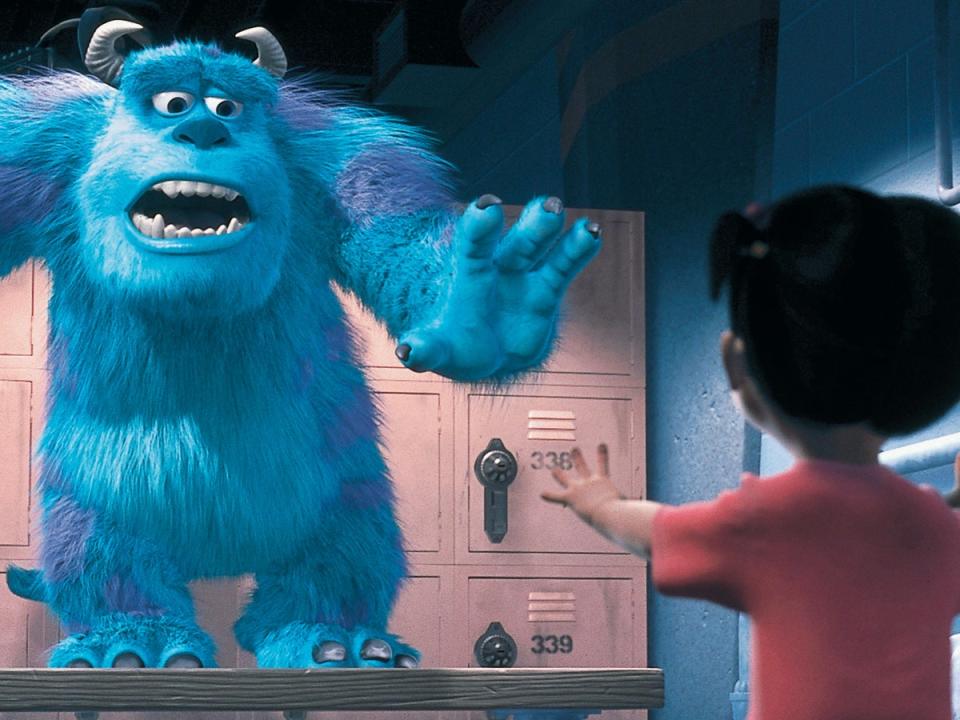
Winter’s Bone (2010)
Truthfiully, Winter’s Bone never stood a chance – after all, this was the year of the King’s Speech-Social Network battle, that the fomer won – but, in many ways, it deserved to win. Debra Granik’s slice-of-life, introducing future superstar Jennifer Lawrence, is a note-perfect character study, transporting the viewers into the heart of MIssouri’s rural Ozarks.
Inside Llewyn Davis (2013)
Inside Llewyn Davis only managing to score two Oscar nominations (in the cinematography and sound mixing categories) is ridiculous. In the ensuing years, the film has been hailed as one of the greatest of the 2010s, meaning that its no-show at the Oscars will go down as one of the Academy’s biggest omissions. Still, it would have had a hard time winning over 12 Years a Slave.
American Honey (2016)
If there’s any justice, Andrea Arnold will one day become an Oscar winner, but in a perfect world, she would have already won for American Honey. If ever there was a drama deserving of Best Picture, it’s this. That year’s winner (Moonlight) is also brillitant, though, so it’s hard to be too angry.
Get Out (2017)
Horror rarely gets recognised at the Oscars, but Get Out is the closest the genre had come in years. Jordan Peele may have taken home the Best Original Screenplay award, but the stars aligned for Guillermo del Toro’s fantasy The Shape of Water instead. History is being kinder to Get Out, though, which found its way into Sight & Sound’s once-a-decade top 250 films of all time poll, finishing in 95th.
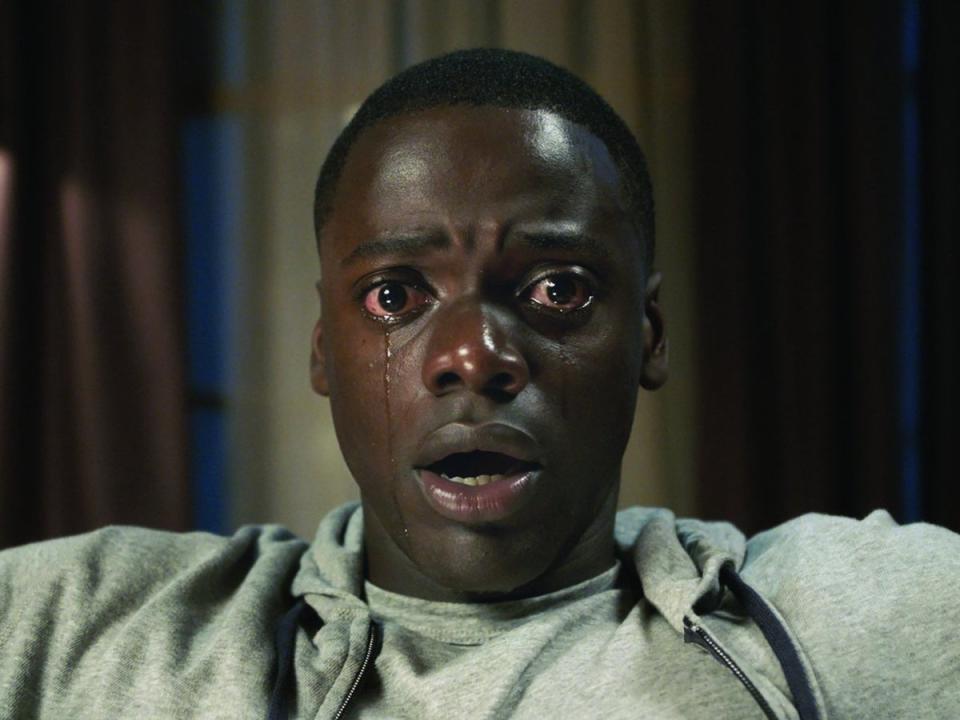
Roma (2018)
Roma was strongly expected to become the first ever international film to win Best Picture. It had everything going for it, including a standout festival run and universal acclaim. But then Green Book snatched its trophy away in a late stage awards season twist that still seems too ridiculous to be true.
The Oscars take place on 12 March.

